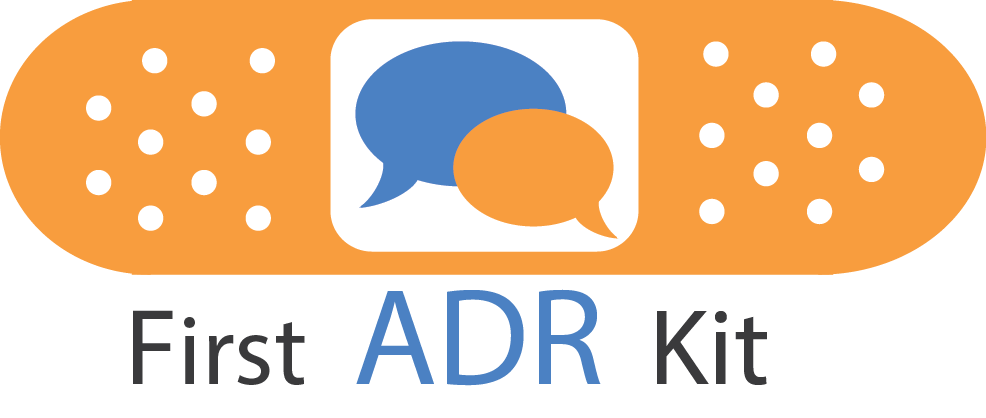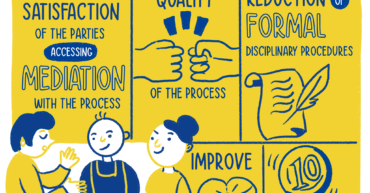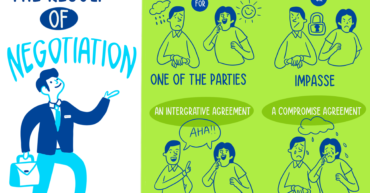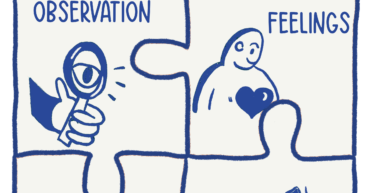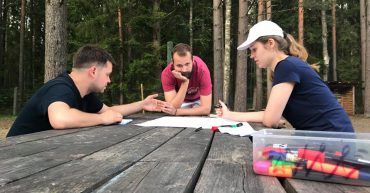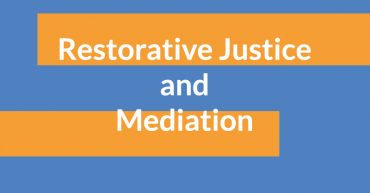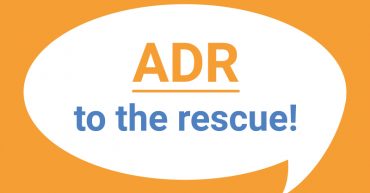mediation
While working with youth, how often do you hear one of these sentences?
‘I won’t do it!’
‘It is stupid, you are stupid, I don’t like it.’
More often than you can count? That means you are definitely a youth worker with experience and you know that sometimes, while approaching youth, you need to first combat their defences and understand what their priorities and needs in life are.
While working with youth, how often do you hear one of these sentences?
‘I won’t do it!’
‘It is stupid, you are stupid, I don’t like it.’
More often than you can count? That means you are definitely a youth worker with experience and you know that sometimes, while approaching youth, you need to first combat their defences and understand what their priorities and needs in life are.
While working with youth, how often do you hear one of these sentences?
‘I won’t do it!’
‘It is stupid, you are stupid, I don’t like it.’
More often than you can count? That means you are definitely a youth worker with experience and you know that sometimes, while approaching youth, you need to first combat their defences and understand what their priorities and needs in life are.
Running out of ideas on how to teach mediation in youth projects? We have a surprise for you! Together with our partners we have prepared for you a set of 10 new workshops in a new toolkit Ready to Mediate? Direction: Youth!
More and more initiatives are trying to promote mediation among young people or in work with youth. If you are a youth worker yourself, maybe you have already stumbled upon this idea and are wondering now, is there a place for mediation in my work as a social worker, teacher, facilitator or volunteer? What can I get from it and how can I implement it in my everyday work? Here are some good ideas for you!
While working with youth, how often do you hear one of these sentences?
‘I won’t do it!’
‘It is stupid, you are stupid, I don’t like it.’
More often than you can count? That means you are definitely a youth worker with experience and you know that sometimes, while approaching youth, you need to first combat their defences and understand what their priorities and needs in life are.
A brief introduction to Restorative Justice. Although mediation is a common aspect of both ADR and Restorative Justice there is a very important and defining difference.
Imagine you are the owner of a factory producing scarves. Next to your factory there is a place manufacturing sweatshirts. You both use the same fabric for production, but one day, due to delivery problems, only half of the needed amount for both factories is delivered. What do you do?
The meeting in Narvik is a transnational project meeting where coordinators evaluate the work we have done so far and plan further acivities.
Upcoming event
New Toolkit available! Ready to Mediate? Direction: Youth
Click here for more information.
Recent Posts
- Indicators of mediation-based ADR system September 2, 2023
- The results of negotiation August 23, 2023
- Non-violent communcation August 7, 2023
